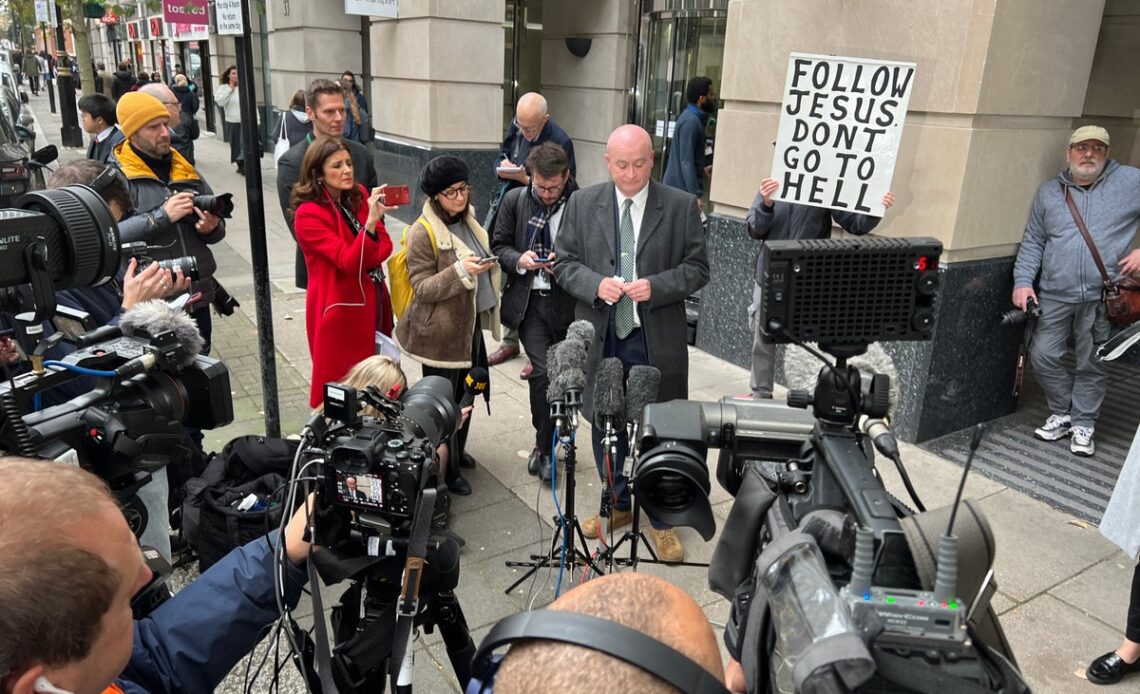The first national rail strikes since the 1980s began in June 2021. Since then, members of the main rail union, the RMT, have walked out on dozens of occasions. The dispute is with the 14 train operators who are contracted by the government to run rail services, mainly in England, which run the key intercity and commuter services.
The following month the RMT were joined by the train drivers’ union, Aslef, which has staged 14 days of strikes as well as seven stretches of bans on rest-day working.
The unions’ aim: to achieve no-strings pay rises by wrecking the journeys of millions of passengers each time they walk out.
The train operators – represented by the Rail Delivery Group (RDG), and directed by the government – have made several proposals, but until now none has been deemed good enough to put to the membership of either union.
A first glimmer of hope has now emerged, with the RMT for the first time putting an offer to its members working for train operators. The online referendum concludes on 30 November. So could it be all over by Christmas? These are the key questions and answers.
Why and when did the industrial action start?
Both rail unions demand increases that take into account the high level of inflation without conditions attached. They say they are prepared to discuss reforms, but these must be negotiated separately. They expect any changes to working practices to be accompanied by commensurate pay boosts in addition to the normal annual increases.
But the employers maintain the only way they can afford even a modest increase is to fund it out of efficiency savings. Train operators and ministers insist modernisation is essential following the collapse of rail revenue.
Much of the “bedrock” of season ticket sales has vanished since the Covid pandemic. Taxpayers are currently bankrolling the rail industry to the tune of £4,000 per minute on top of the usual subsidy of £12,300 per minute.
After months of talks, the RMT first national rail strikes for 33 years began on 21 June 2022. For 17 months, national rail strikes and other forms of industrial action have scuppered the travel plans of millions of train passengers. Stoppages have been called frequently, causing massive disruption and making advance travel planning difficult.
Which train operators are involved in the national disputes?
The RMT and Aslef strikes…
Click Here to Read the Full Original Article at The Independent Travel…
